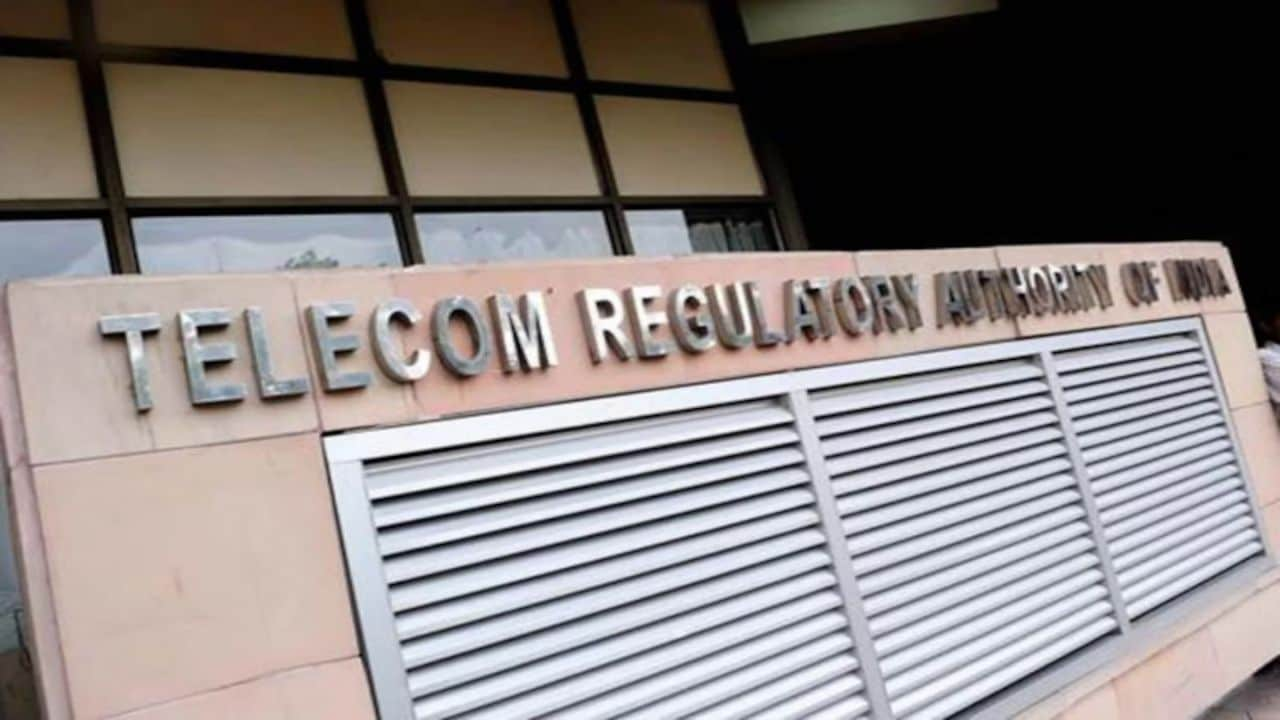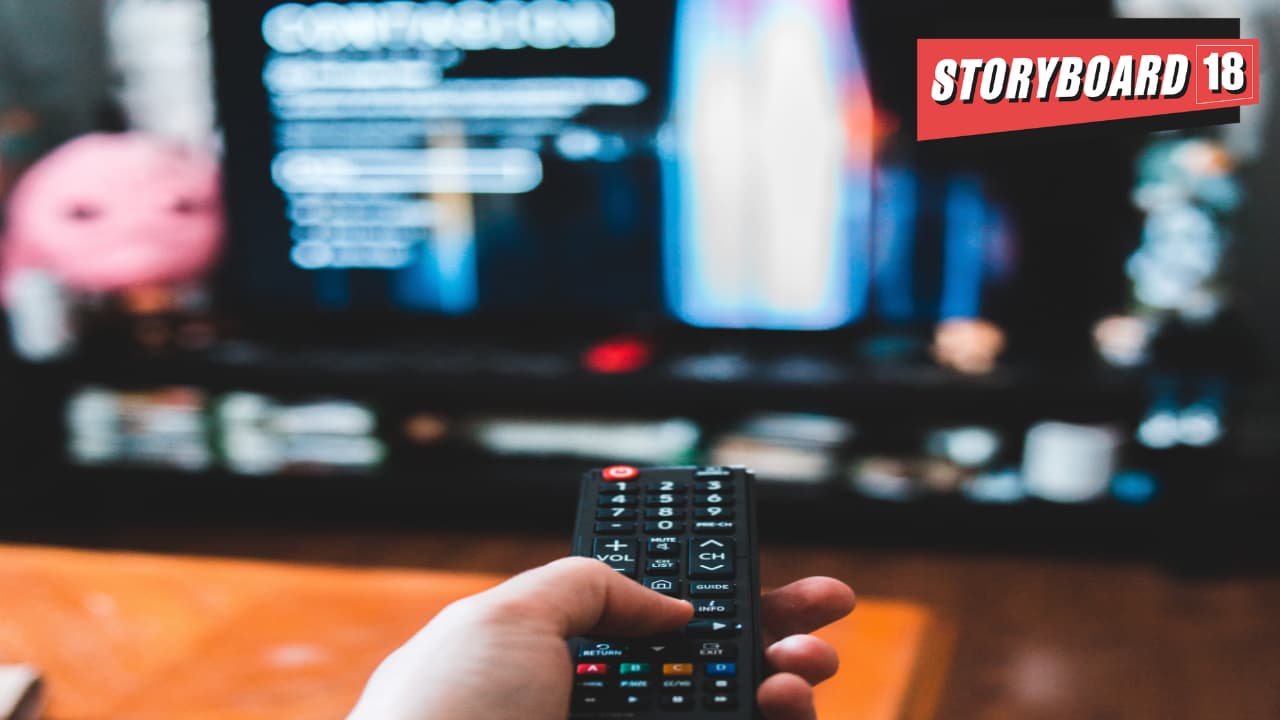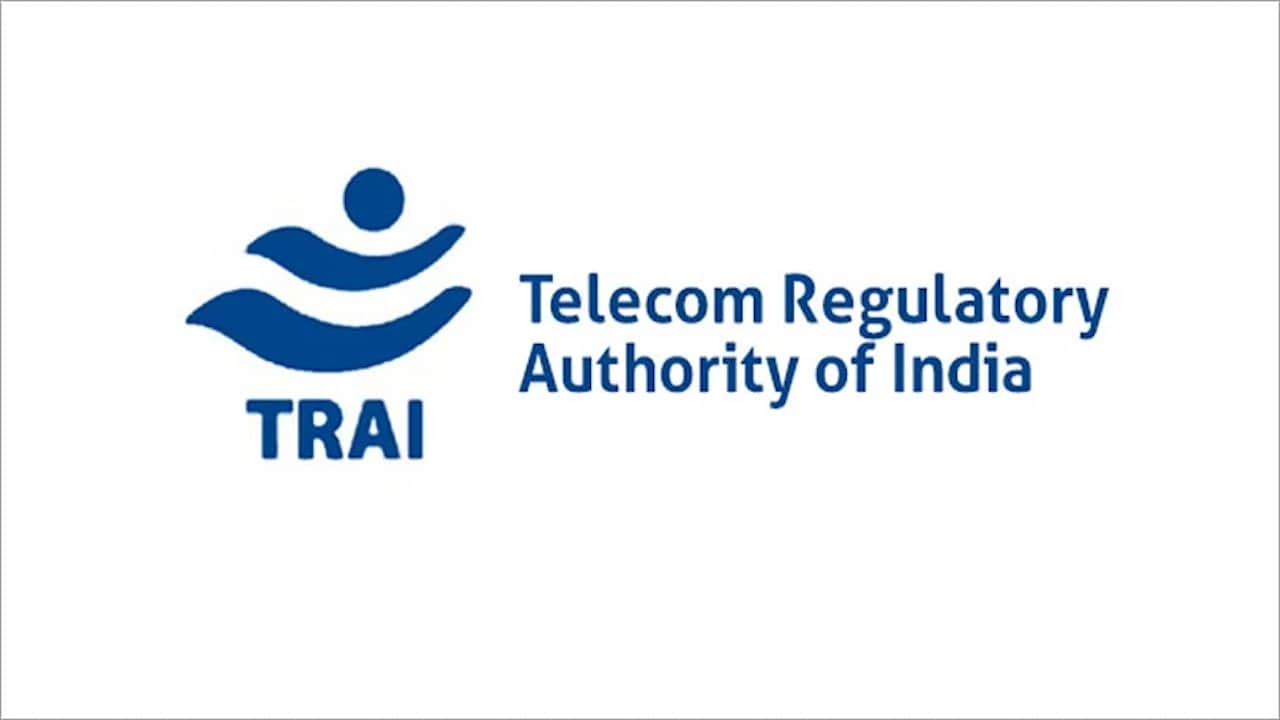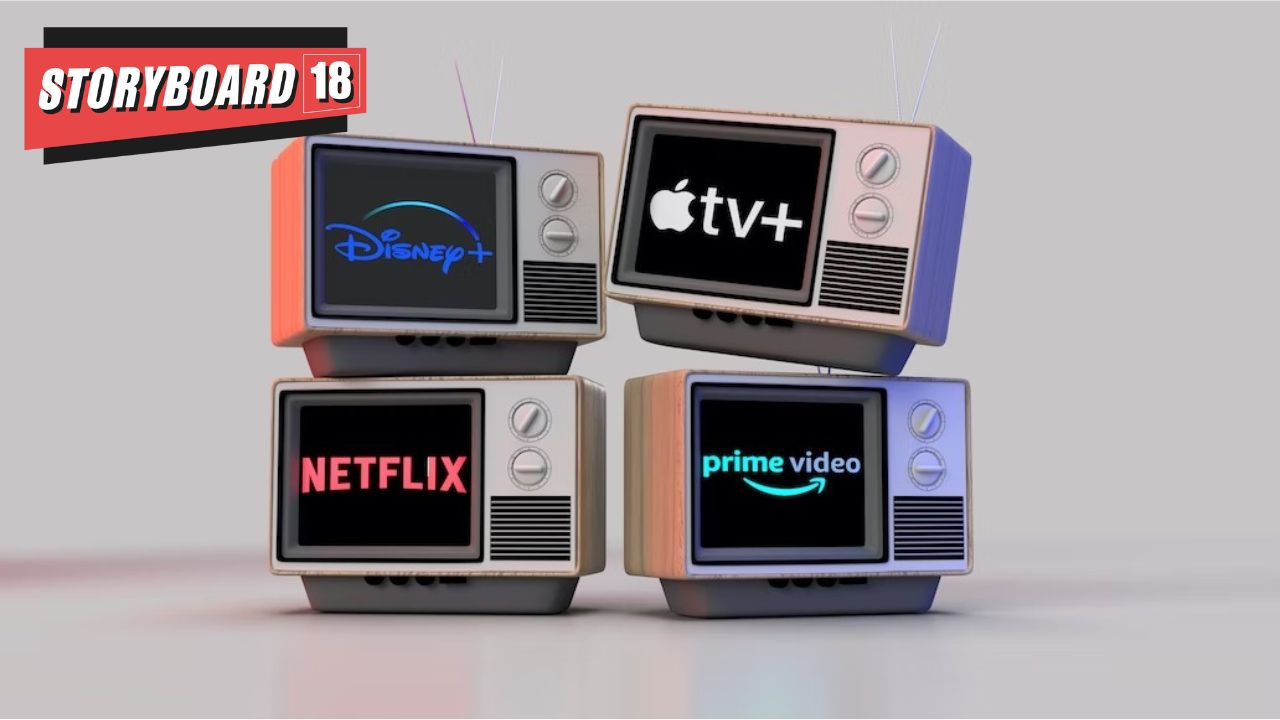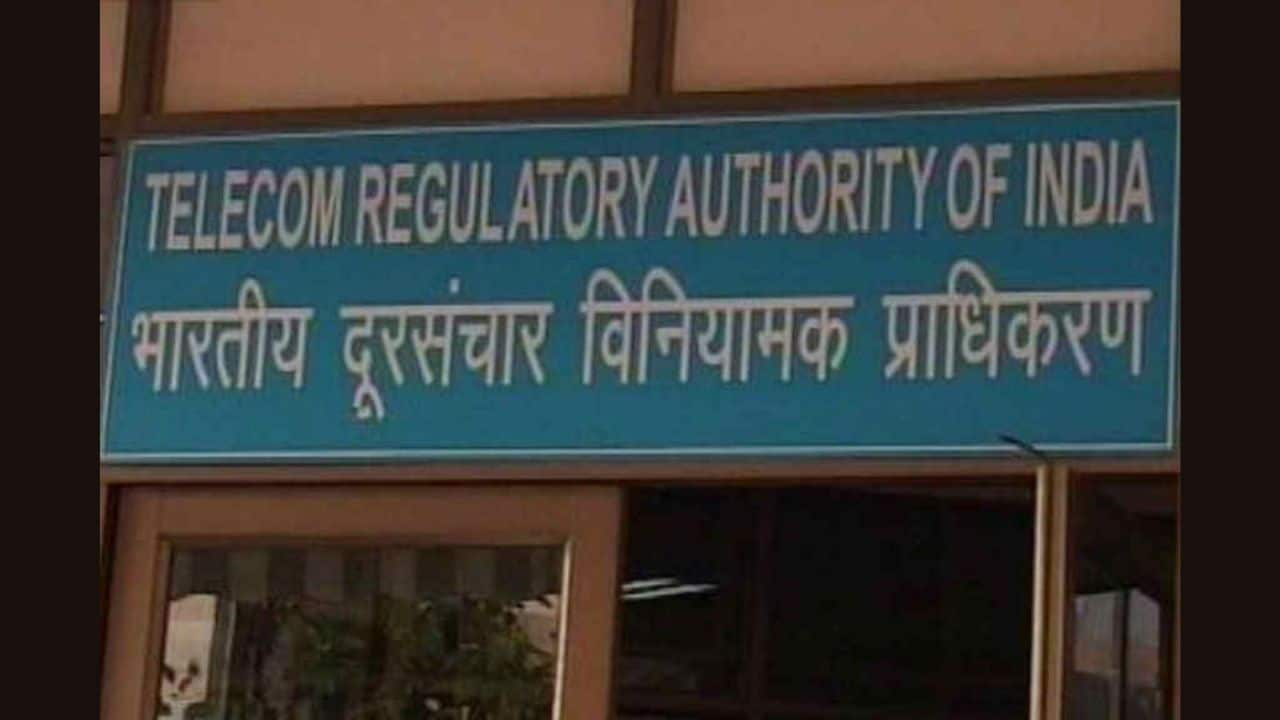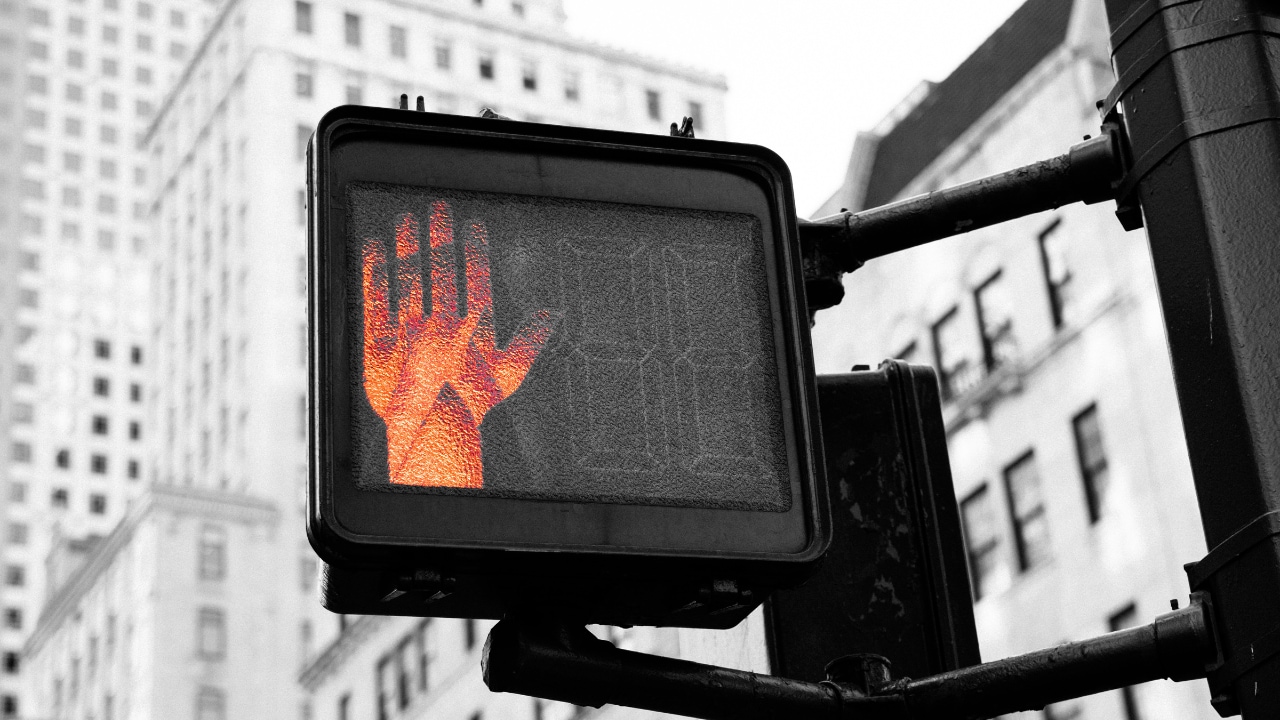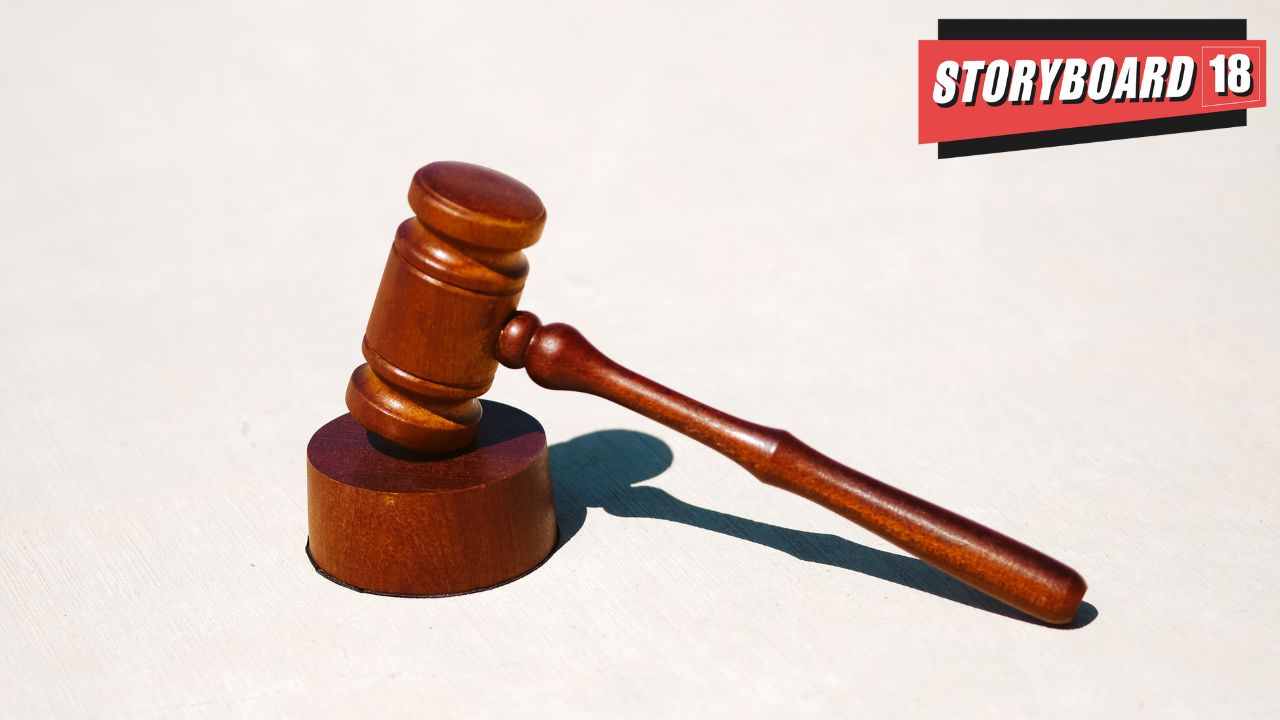Numerous modification/additions were proposed by several stakeholders. Hence, the Authority was of the opinion that system requirements for DRM shall be dealt with in a separate consultation paper.
Tag: Media
OTT regulations: TRAI extends comments’ deadline on ‘Regulatory Mechanism’, ‘Selective Banning of OTT Services’ paper
Upon deliberation of the industry stakeholders’ request to extend the date for submission of counter comments, TRAI decided to extend the last date for submission to September 29.
Indian consumer tech market surges, indicates striking growth trends in 2023: GfK
One of the aspects of this transformation is the untapped potential within the consumer appliances sector. Despite the growth, the penetration of these products remains relatively low, indicating a vast opportunity for industry leaders to explore further.
TRAI extends date to receive comments on ‘Regulatory Framework for Broadcasting and Cable services’ consultation paper
It has been decided to further extend the last date for submission of comments and counter-comments up to 3rd October 2023 and 17th October 2023, respectively.
Ministry of Information & Broadcasting asks BARC to share ‘Respondent Level Data’ with broadcasters
BARC India had asked MIB to elucidate if it wants the body to share Raw Level Data or Respondent Level Data. BARC sought clarity from the Ministry as there was confusion with respect to the interpretation of the term ‘RLD’.
MIB to introduce new bill to regulate OTT platforms and DTH services
The bill is currently in its initial stages and is most likely to be introduced only after the general elections next year.
TRAI releases Draft Registration of Consumer Organisations (Amendment) Regulations, 2023 for comments
The proposed amendment would enable Authority to register capable consumer organisations having wider reach to work in more than five states! UTs under national level registration. It simplifies the registration process for such consumer organisations.
NBDA and NBF hit out at I.N.D.I.A bloc’s boycott of news anchors, saying it ‘imperils press freedom’
Broadcasters groups NBDA and NBF said that the opposition bloc’s decision is “draconian”, “goes against the ethos of democracy” and sets a dangerous precedent.
ZEE, Punit Goenka Case: SAT doubts SEBI will conclude ZEE investigation within stipulated time
The Securities Appellate Tribunal’s (SAT) observation follows SEBI’s order barring Punit Goenka from holding key managerial positions in ZEE group companies over alleged fund misappropriation.
TRAI releases consultation paper on ‘Digital Inclusion in the Era of Emerging Technologies’
In the consultation paper, TRAI has analysed various gaps in digital inclusion present in the country such as the mobile internet usage gap, rural urban internet penetration disparities, gender gaps in internet access, etc. as well as gaps identified from some global indices.
